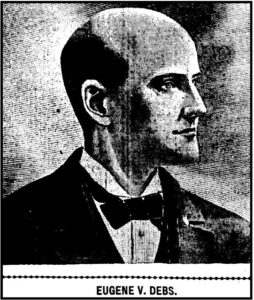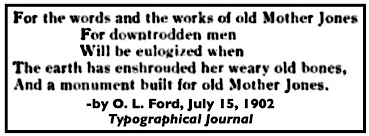 —————
—————
Hellraisers Journal – Wednesday September 10, 1902
Mother Jones News Round-Up for August 1902, Part II
Mother Jones Describes Judge Jackson; “Mother Jones” by O. L. Ford
From The Scranton Times of August 8, 1902:
POOR OLD MAN WITH OLD IDEAS
———-SO “MOTHER” JONES SPEAKS WHEN REFERRING
TO JUDGE JACKSON, OF WEST VIRGINIA.
———-HE MEANS ALRIGHT BUT HE’S
OLD FASHIONED
———-The Distinguished Woman Arrived in the City at Noon Today to Address a Meeting in North Scranton-Will Leave for West Virginia Tomorrow, Where She is Positive Miners Will Score a Victory.
“Mother” Jones, probably the second strongest force in the United Mine Workers’ organisation, arrived in the city at noon today. “Mother” Jones came from West Virginia, where she has been a conspicuous figure in the labor troubles in that state. This afternoon she is making an address to a mass meeting of strikers in St. Mary’a hall, North Scranton.
John Fallon, of Wilkes-Barre, a member of the executive board of the Miners’ union, accompanied “Mother” Jones. He was also one of the speakers at the North End meeting this afternoon.
When seen at the Delaware & Hudson depot by a Times reporter “Mother” Jones expressed herself as greatly pleased to be in Scranton again. During the past sixteen months she has been working among the miners of West Virginia.
“Mother” Jones will return to West Virginia.
[She said in this interview:]
We have not given up the fight there. The majority of the residents of West Virginia never really knew what a laboring man’s organization was, and now we are attempting to enlighten them.
I am sure we will win out there. It cannot be denied that we have a very formidable obstacle in our path as regards the weapon the capitalists have found in the courts-injunction proceedings-but we have the grit and the determination, and we will win. They are good fighters in West Virginia, that is, the laboring men there are.
“Mother” Jones was asked what she thought of Judge Jackson, the West Virginia jurist who sentenced a number of miners to a lengthy period in jail.
[Said Mother Jones:]
Oh, Judge Jackson means all right. He is an old man, however, and he has old ideas. He never knew what a laboring organization was, and when he sentenced these men his old-fashioned ideas prevented him from viewing the matter in a just manner. As I said in Indianapolis, he means well, but the poor man has been asleep for 40 years. Some day he will awake.
“Mother” Jones called attention to the important admission made by a prosecuting attorney in one of the West Virginia courts. “We have had the militia and the iron and coal police here,” said this man in arguing an injunction proceeding, “but injunctions have proven to be the strongest aid to the coal operators.”
District President Nichols met “Mother” Jones and Board Member Fallon at the depot and accompanied her to her hotel.
[Photograph added.]

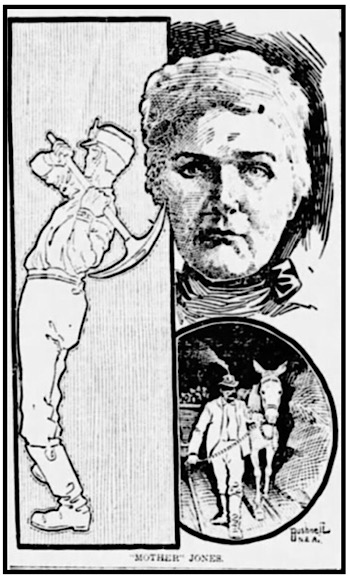
 —————
—————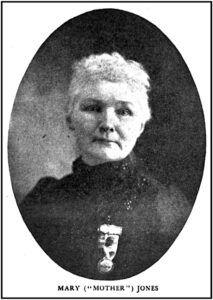
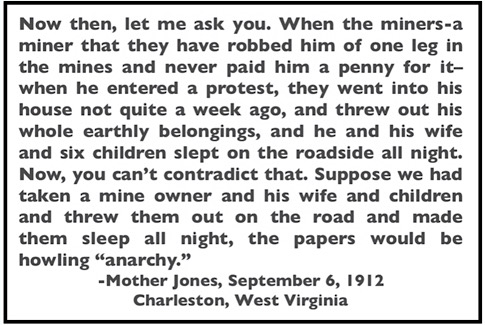 —————
—————
 —————
—————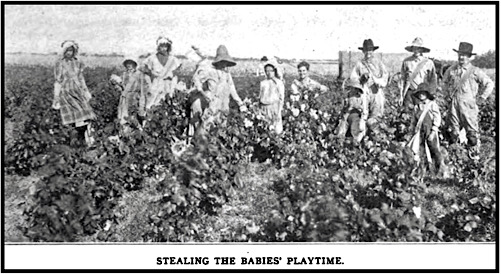
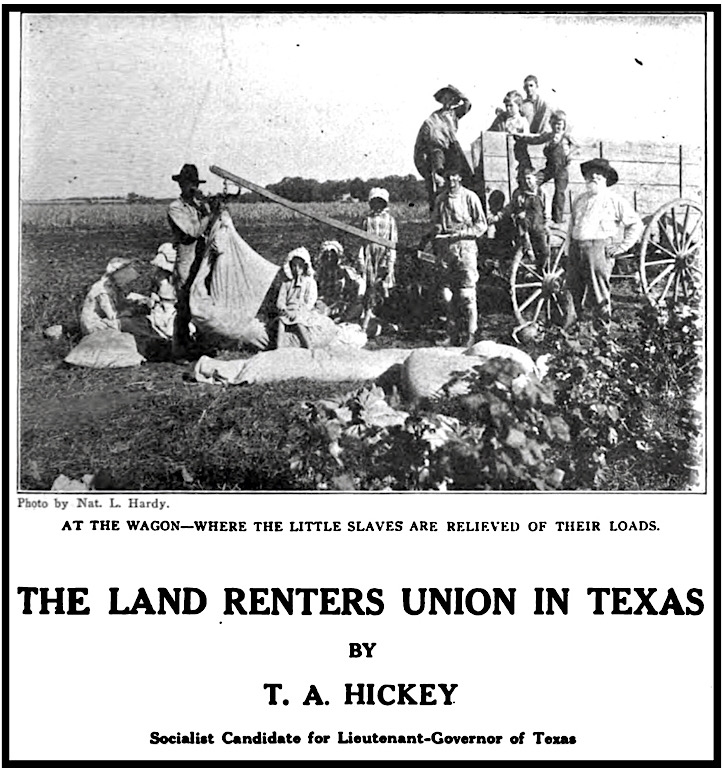
 —————
—————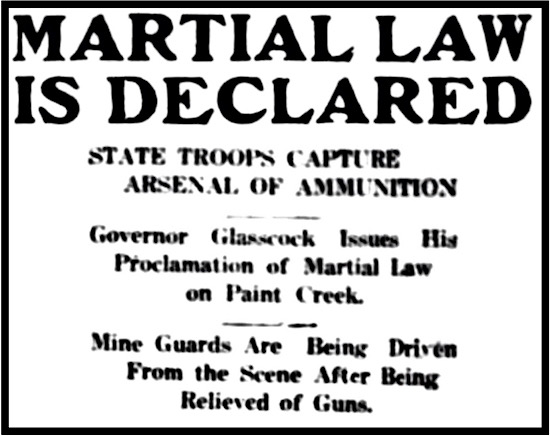
 —————
—————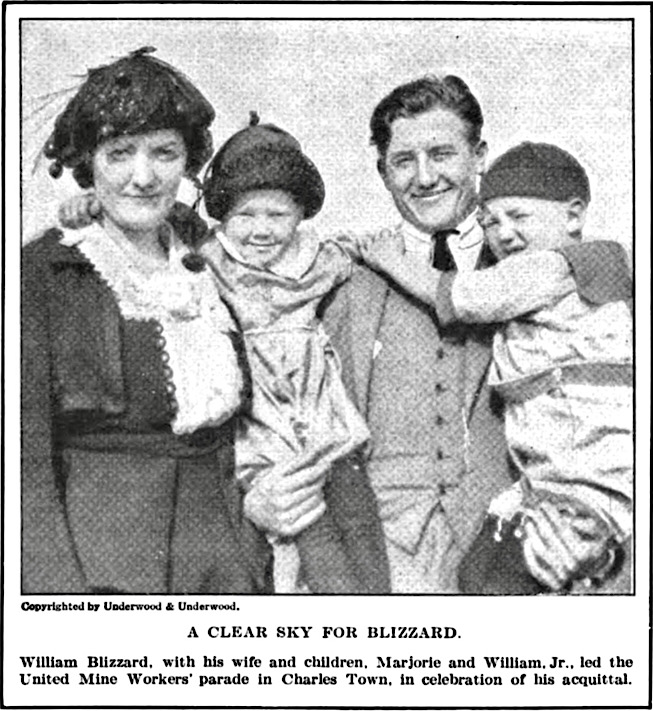
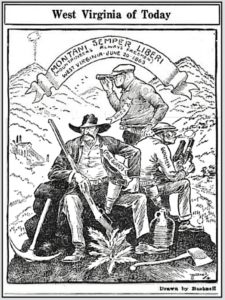
 —————
—————
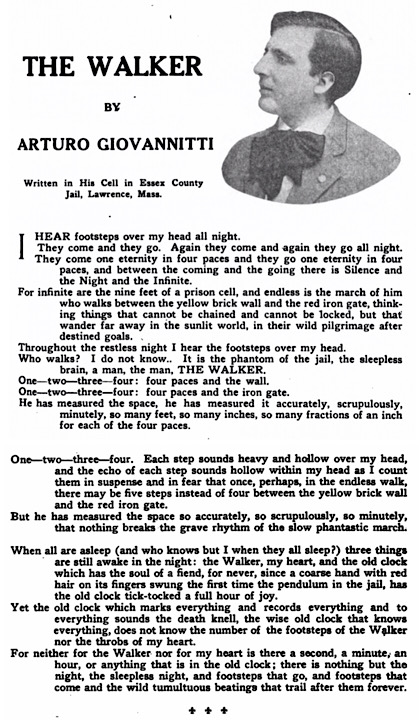
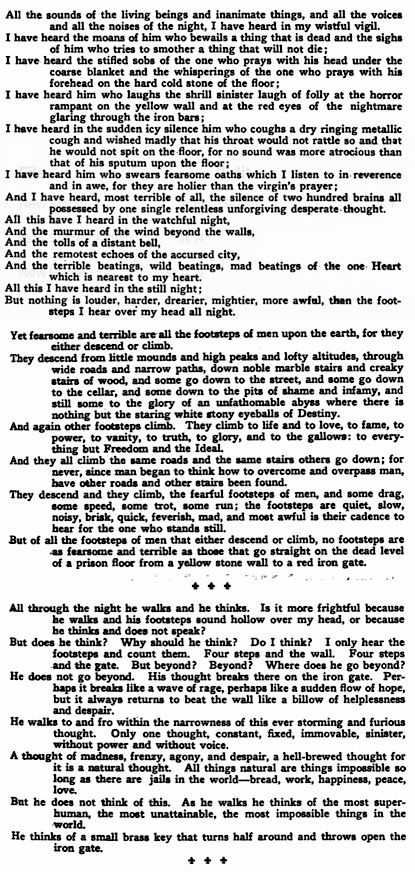
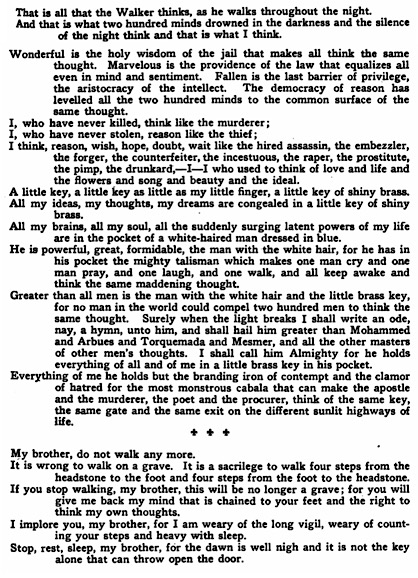
 —————
—————